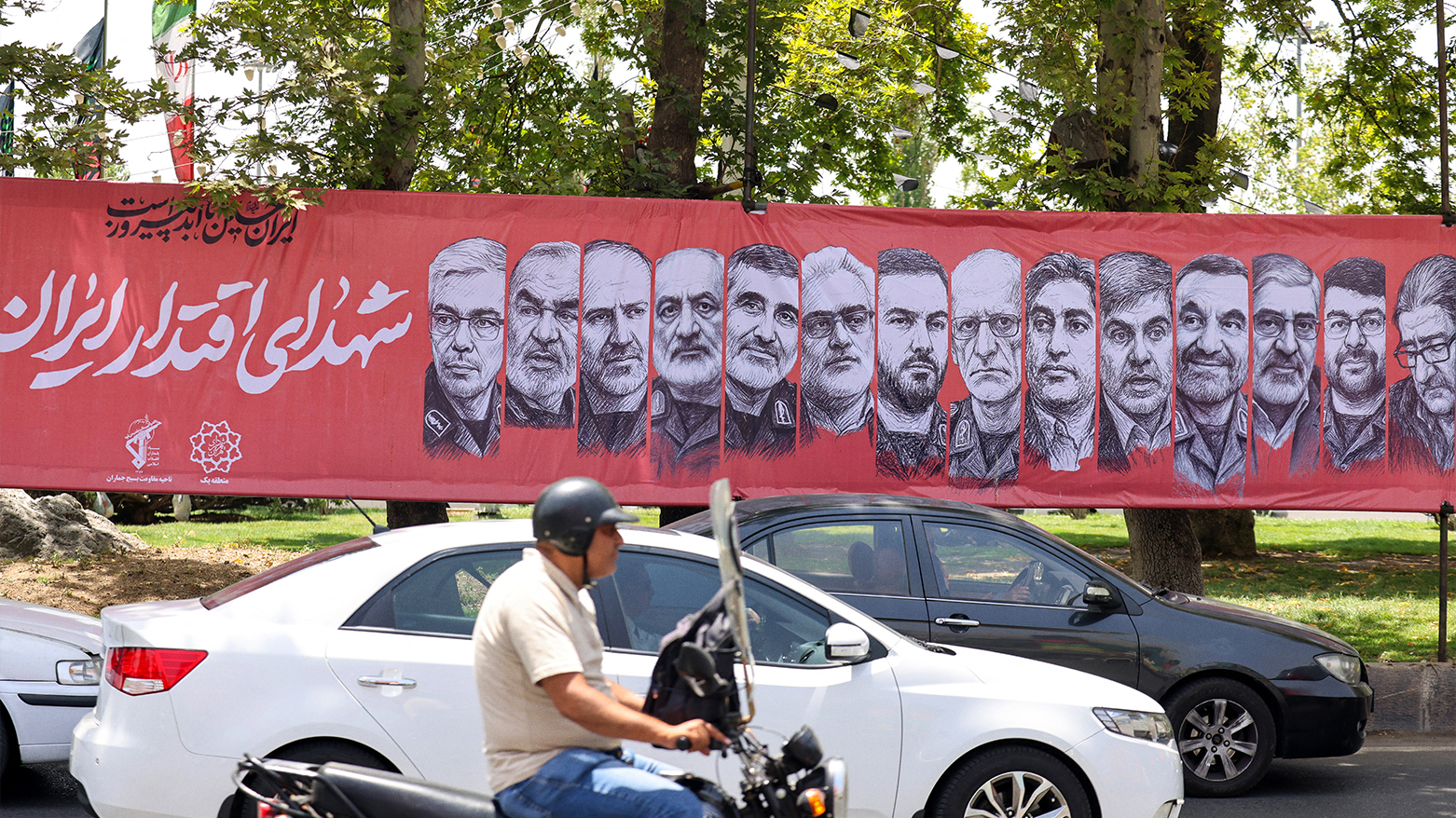935 Civilians Killed in Israeli Airstrikes, Iran Judiciary Confirms
Iran confirms identities of 935 killed in 12-day war with Israel, including 132 women and 38 children. Officials say nearly 1,000 civilians died in Israeli strikes, with 4,196 injured. Tehran vows legal action as tensions with IAEA and calls for justice rise.

By Kamaran Aziz
ERBIL (Kurdistan 24) – Iran has officially confirmed the identities of 935 individuals killed during the recent 12-day war between Iran and Israel, according to a statement made by Judiciary Spokesperson Asghar Jahangir on Monday, June 30, 2025.
During a press conference in Tehran, Jahangir said that nearly 1,000 civilians were killed as a result of what he described as Israeli aggression, with forensic teams having thus far identified 935 victims. The figure includes 132 women and 38 children, according to a report published by the Iranian Students News Agency (ISNA).
"Based on the latest forensic statistics, the identities of 935 victims have been confirmed," Jahangir said, emphasizing the civilian toll of the 12-day bombardment campaign.
The conflict, which began on June 13, marked one of the most intense military escalations between Iran and Israel in recent years. According to Iranian authorities, Israel initiated wide-scale strikes targeting nuclear sites, military infrastructure, and command centers within Iranian territory. Among those killed were several senior commanders of Iran’s Islamic Revolutionary Guard Corps (IRGC), military personnel, and nuclear scientists.
Iran’s Ministry of Health had earlier reported that a total of 4,196 individuals were injured during the Israeli airstrikes. Of those injured, 966 were admitted to specialized hospitals due to the severity of their wounds.
Monday’s announcement by the judiciary appears to be part of a broader Iranian effort to document the extent of casualties and build a legal and diplomatic case against Israel. The Iranian government has been seeking to draw international attention to the humanitarian toll of the airstrikes, while pressing for condemnation and accountability through global institutions, including the United Nations.
While Israel has not commented on the specific casualty figures provided by Iranian officials, it has previously stated that its military actions were aimed at preventing what it described as an imminent threat posed by Iran’s nuclear program. Israeli authorities have accused Tehran of nearing weapons-grade uranium enrichment levels, a charge Iran has denied.
The conflict drew international concern, with multiple countries, including regional Arab states and European powers, calling for de-escalation. A ceasefire was brokered last week with the involvement of Qatari and Omani mediators. However, questions remain about the durability of the truce and the long-term geopolitical consequences of the confrontation.
Jahangir’s disclosure comes amid growing tension between Iran and the International Atomic Energy Agency (IAEA), which Tehran has accused of bias. Iran’s parliament has since voted to limit cooperation with the agency, citing what it described as the IAEA’s role in facilitating the Israeli attack.
As Iran continues to assess the damage and identify the deceased, government officials have also signaled an intent to pursue reparations and justice for what they describe as acts of aggression against sovereign territory. The latest casualty figures may bolster their case in international legal forums.
The situation remains fluid, and Iranian authorities are expected to release updated data in the coming days as the process of identification continues.